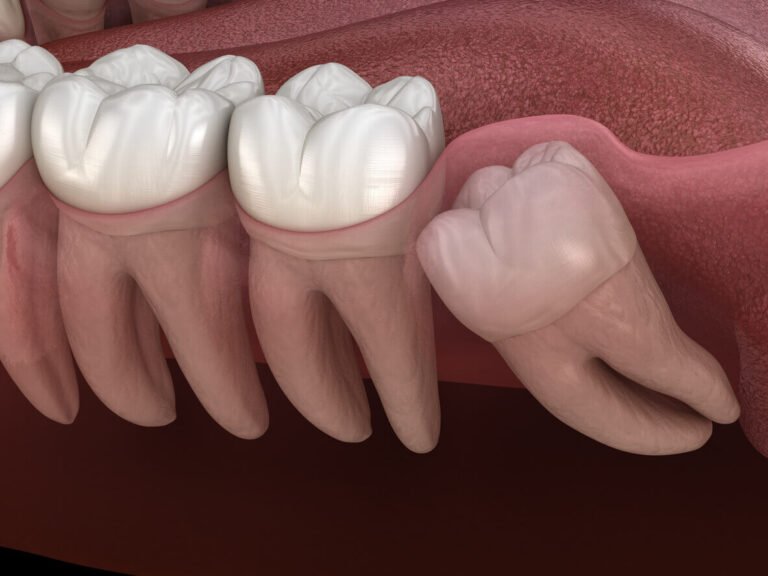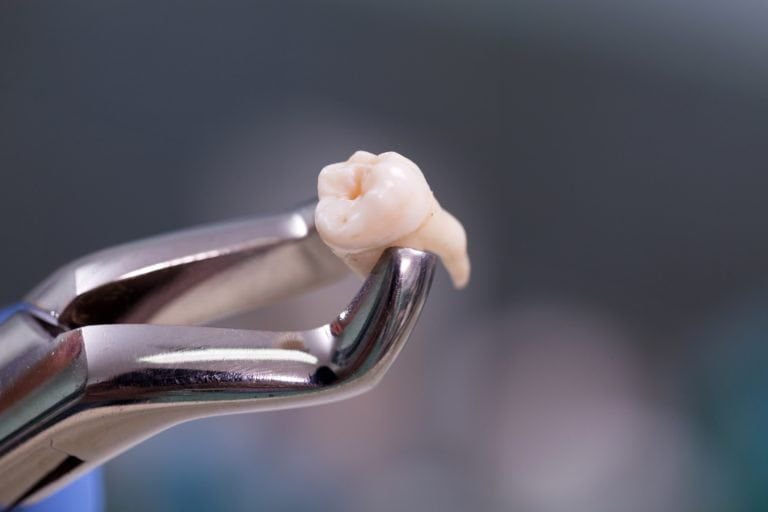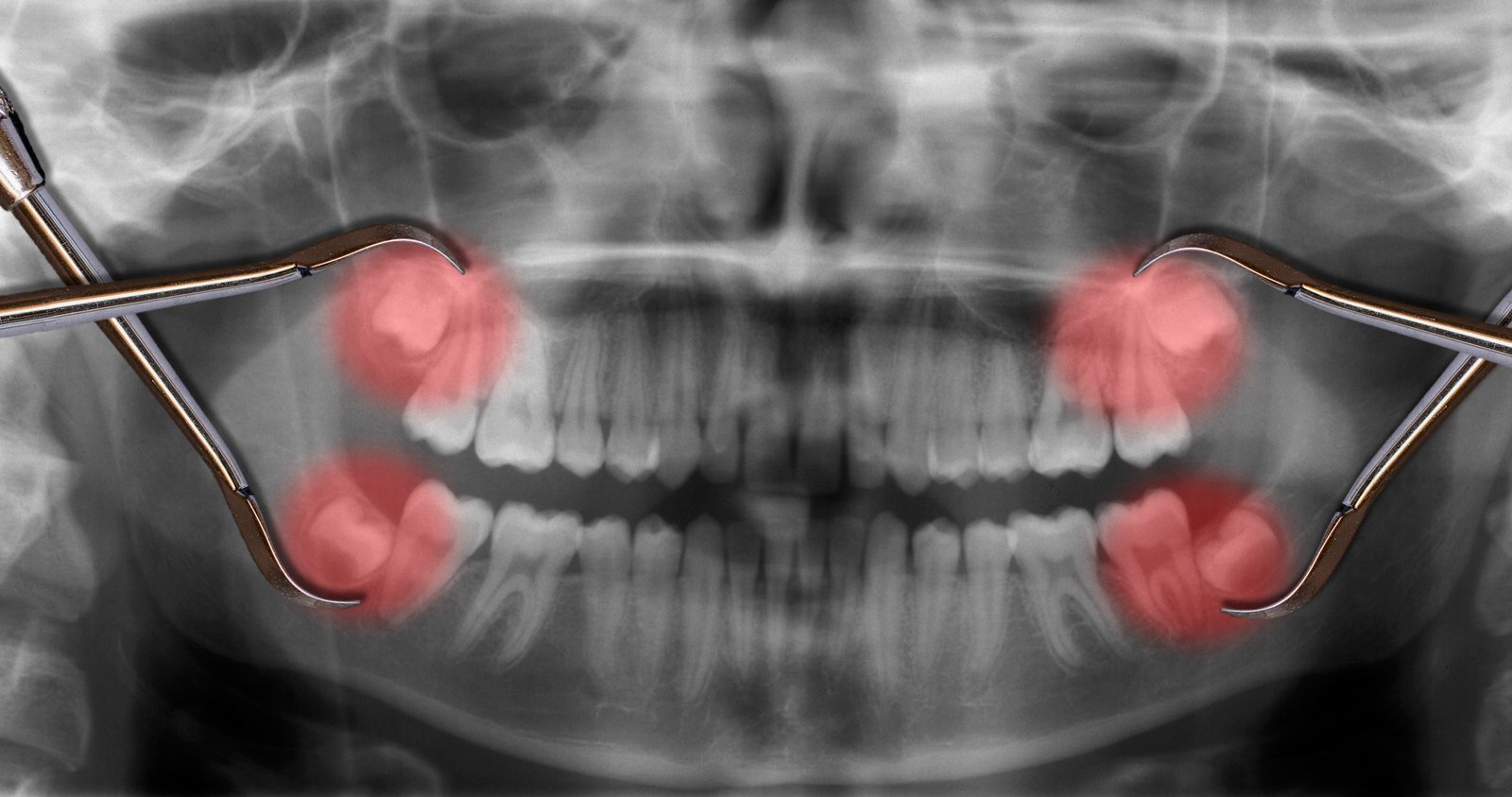What Are Wisdom Teeth?
Wisdom teeth, also known as ‘third molars’ are often extracted (removed) because they are causing pain, swelling and/or infection. The extraction of wisdom teeth can also be recommended because of the risk of future complications related to impaction, infection, or other pathologies such as cysts and tumors.
Playlist





Experiencing a dental emergency? >
Do Wisdom Teeth Need To Be Removed?
It is highly recommended that you seek the advice of a qualified dental professional to assess your particular risks and possible complications of removing wisdom teeth or keeping them. If you decide to keep them, you may never have any problems, however, there are several complications that could happen, such as infection, cysts, decay, teeth crowding, etc…
Are Wisdom Teeth Harder To extract?
Because of multiple factors, wisdom teeth extractions can be more complicated compared to other teeth. There can also be a higher risk of developing complications after the extraction of wisdom teeth.

What Age Do You Get Wisdom Teeth?
Wisdom teeth will often emerge sometime in your late teens to early ’20s. The average age range is 17 to 25. Some people get their wisdom teeth with no problems, and never need them extracted.
Wisdom tooth symptoms
Wisdom teeth can come in straight, however, if they grown in wrong they can cause:
- Pain or swelling in the back of your mouth.
- Redness, gum bleeding, and tenderness in the area where your wisdom teeth are.
- Bad taste or a bad smell coming from bacteria accumulating around the wisdom teeth.
- Discomfort in other teeth besides the wisdom teeth.

What Are The Risks For Taking Wisdom Teeth Out?
It is very rare to have any long-term problems after the procedure. However, like any surgical procedure, there are risks and possible complications associated with wisdom tooth removal, such as:
- Dry socket
- Infection
- Damage to oral structures
How Are Wisdom Teeth Extracted?
- An incision is made in the gum tissue to expose the wisdom tooth and surrounding bone.
- Some bone will be removed from around the tooth.
- The wisdom tooth may be cut into smaller pieces.
- The tooth will be removed.
- The extraction site will be cleaned.
- The wound will be stitched.
- Gauze will be used to help with blood clot formation.

What Should You Do After Wisdom Teeth Removal?
Follow your dentist’s instructions, and take the medications prescribed to you. Remember the following:
- First 24 hours after surgery – Avoid spitting, rinsing, sucking on a straw and physical activity.
- After 24 hours – Gently rinse with salt water.
- First 48 hours after surgery – Avoid smoking (this includes vaping, and marijuana).
You can expect some swelling, and bruising. This is normal.

When Should I Call My dentist?
Some pain, discomfort, swelling, and bruising are normal and is expected after wisdom tooth surgery. You should contact a dentist, or emergency doctor if you have any of the following symptoms:
- Difficulty swallowing or breathing.
- Excessive bleeding.
- Fever.
- Severe pain that is not controlled with prescribed pain killers.
- Persistent foul taste and/or smell.
- Pus or oozing from the socket, or nasal discharge.
- Persistent numbness or pain in the lip or tongue or other oral structures.
- Swelling that worsens after 2 or 3 days after surgery.
